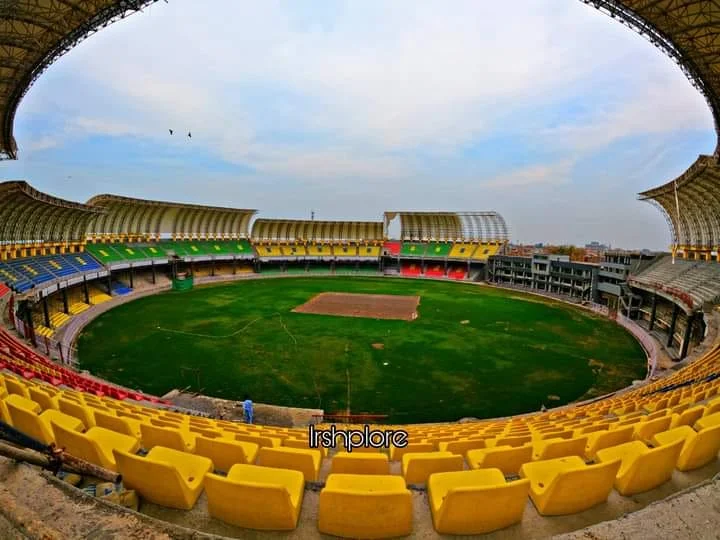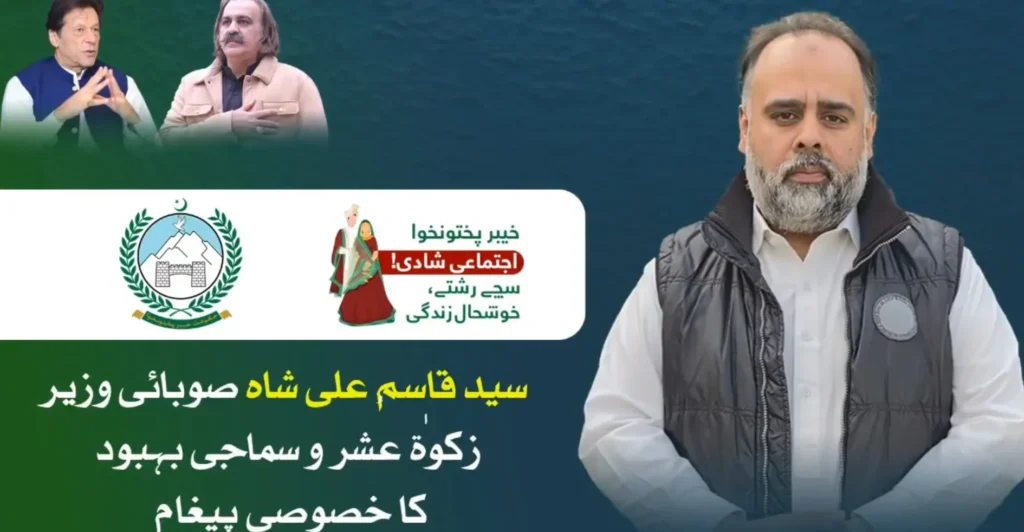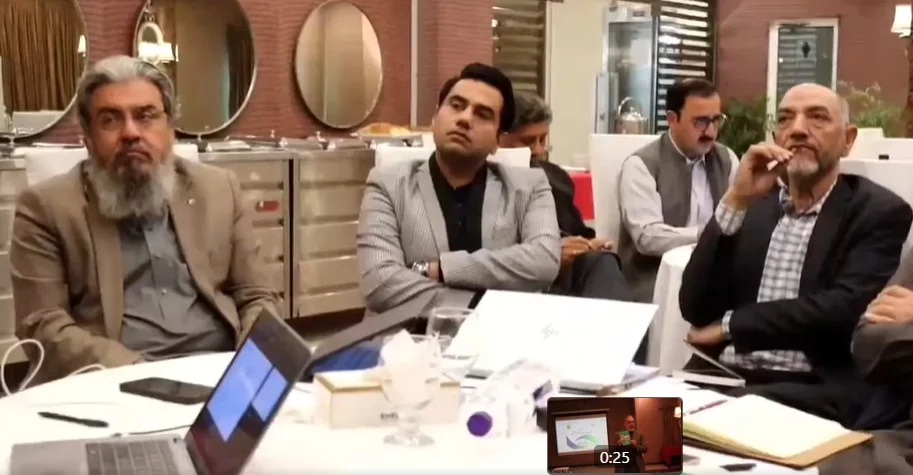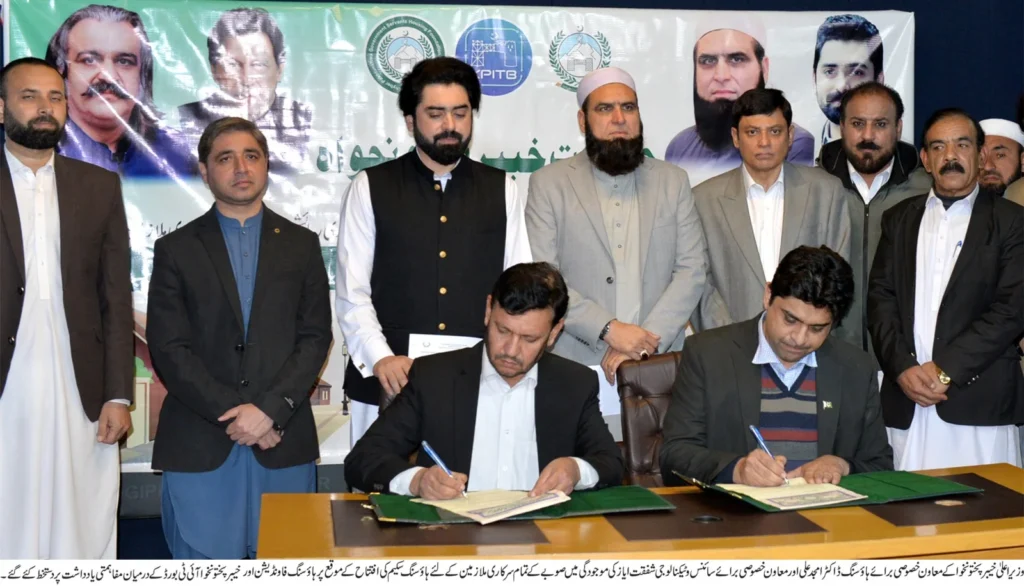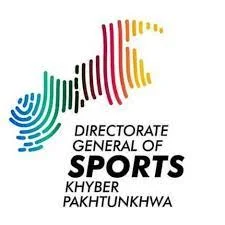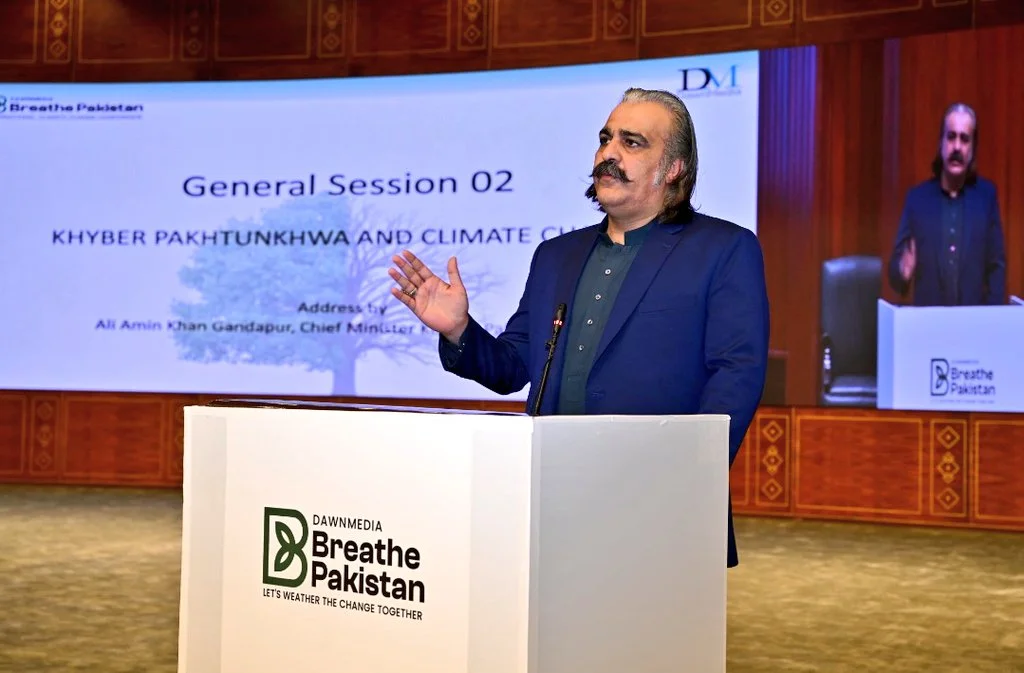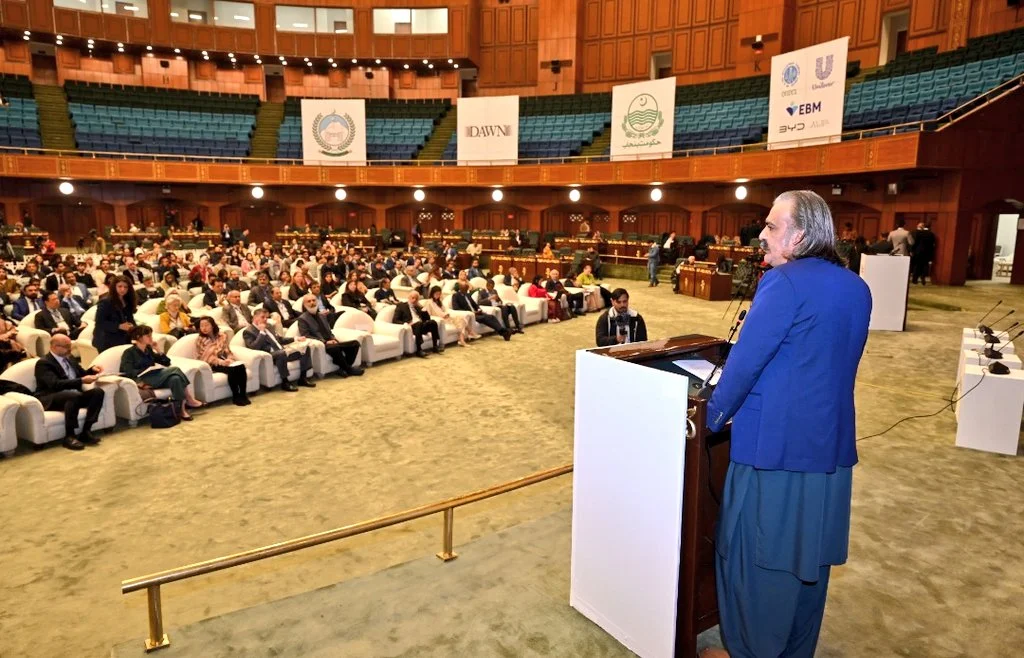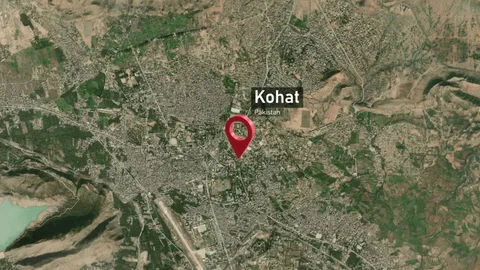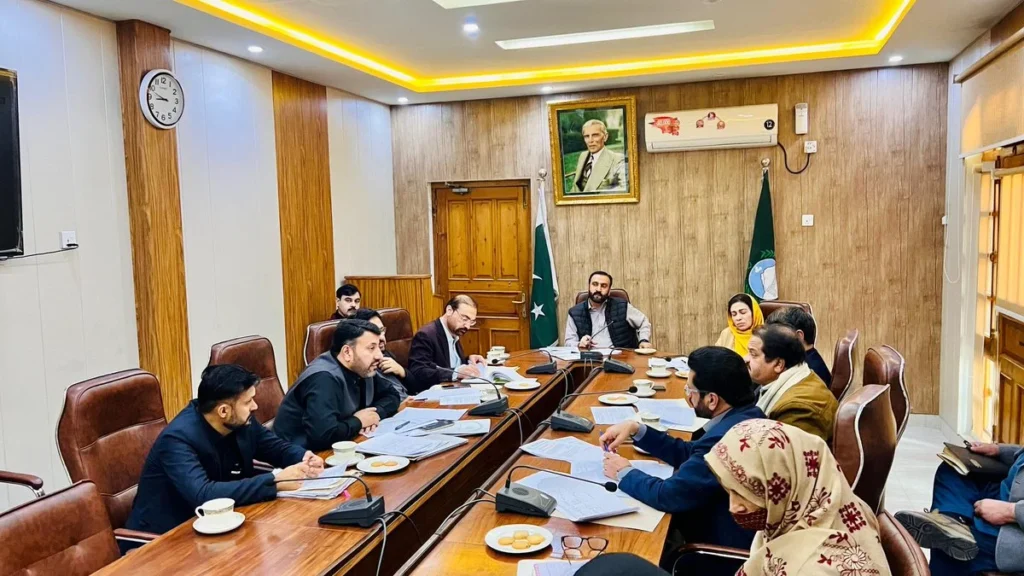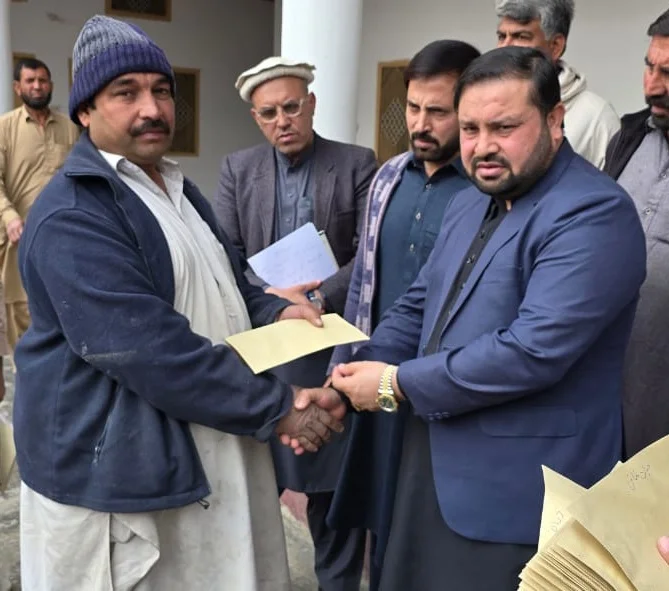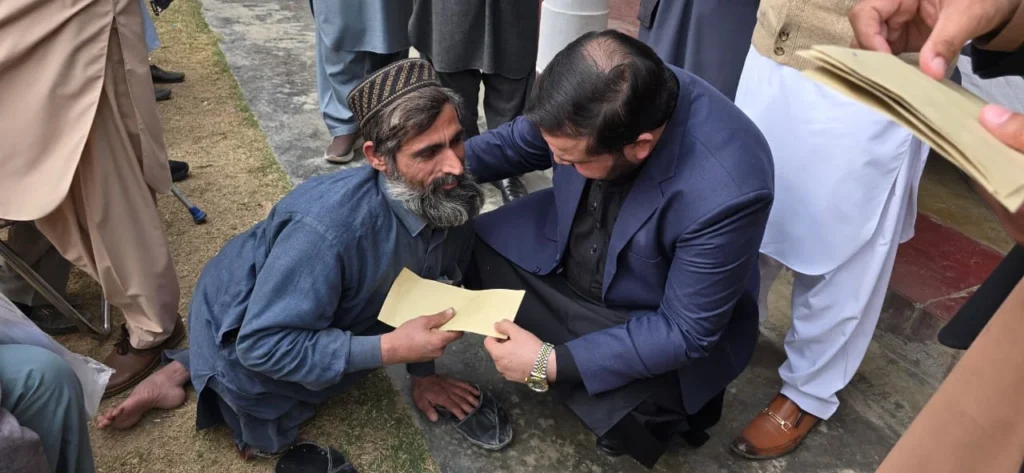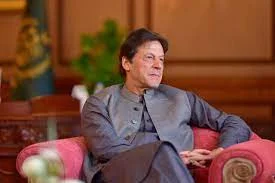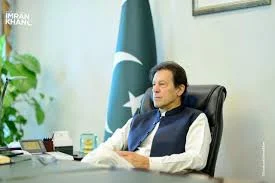Introduction:
Arbab Niaz Stadium was built in November 1984. Before that, the Peshawar Club Ground was the main cricket venue in the region.
In 1985, the stadium became the new home ground for the Khyber Pakhtunkhwa cricket team, replacing Peshawar Club Ground, which had been used since 1938.
A year later, in 1986, the Peshawar cricket team also started using it as their home ground, moving from the same old venue.
Between 1984 and 2006, Arbab Niaz Stadium hosted several international cricket matches, including 15 One Day Internationals (ODIs) and 6 Test matches.
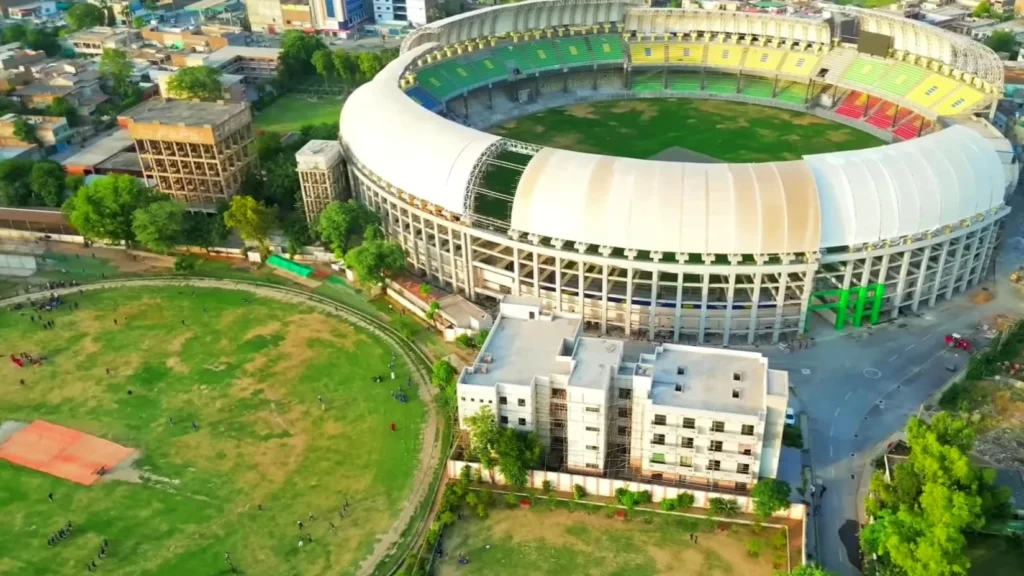
Renovation:
Cricket fans in Khyber Pakhtunkhwa have a reason to celebrate as the Arbab Niaz Cricket Stadium is set to reopen its doors with world-class facilities.
The stadium, located in Peshawar, has undergone extensive renovations and upgrades to meet international standards, making it a prime venue for hosting global cricket tournaments.
With its state-of-the-art infrastructure, the stadium is ready to welcome players, spectators, and media from around the world.
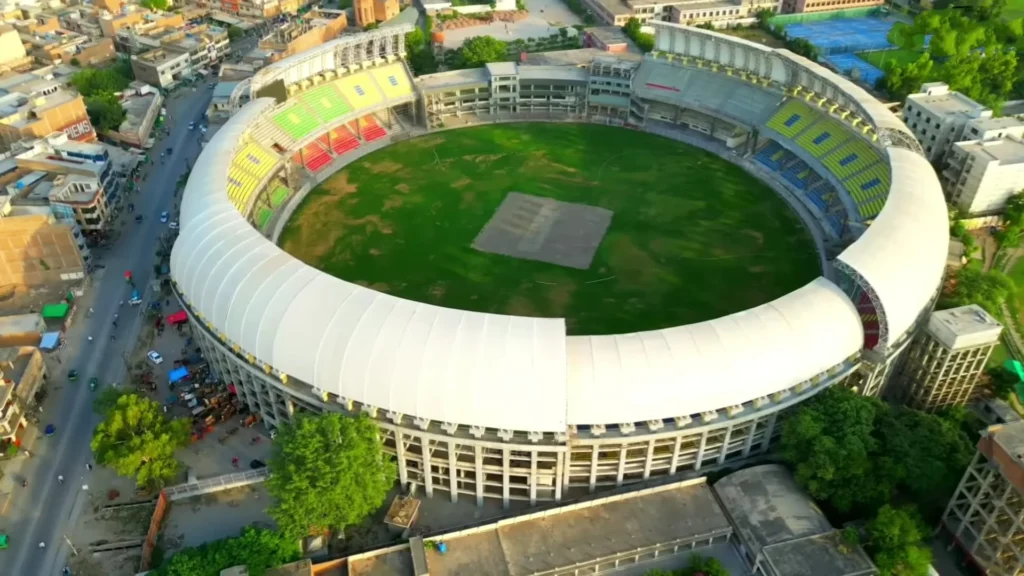
Key Upgrades at Arbab Niaz Cricket Stadium:
The recent (Arbab Niaz Stadium) renovation has transformed the Arbab Niaz Cricket Stadium into a modern sports facility. Here are some of the standout features:
1. Increased Seating Capacity
The stadium’s seating capacity has been significantly expanded from 14,000 to 35,000, ensuring that more fans can enjoy live cricket matches in a vibrant atmosphere.
2. Modern Player Facilities
Players will now have access to international-standard pavilions and dressing rooms, designed to provide comfort and convenience during matches.
3. Media Galleries
Journalists and media personnel will benefit from fully equipped media galleries, ensuring seamless coverage of matches.
4. Hostels for Players
The stadium now includes modern hostels with top-notch amenities, offering a comfortable stay for players during tournaments.
5. Floodlights for Night Matches
New floodlights have been installed, enabling the stadium to host day-night matches and adding to the excitement of cricket under the stars.
6. Electronic Scoreboard
A cutting-edge electronic scoreboard has been installed, providing real-time updates and enhancing the viewing experience for spectators.
7. National Cricket Academy
Inspired by the Gaddafi Stadium in Lahore, a National Cricket Academy has been established within the stadium premises.
This academy aims to nurture young talent and produce future cricket stars.
8. Gymnasiums and Indoor Practice Areas
The stadium now boasts two gymnasiums and advanced indoor practice pitches, allowing players to train in all weather conditions.
9. Swimming Pool
A modern swimming pool has been added to help players maintain their fitness and recovery routines.
10. VIP Stands
Special VIP stands have been constructed to provide a luxurious experience for distinguished guests and officials.
A Hub for International Cricket
The Khyber Pakhtunkhwa government is fully prepared to host Pakistan Super League (PSL) matches at the Arbab Niaz Cricket Stadium.
The upgraded facilities make it an ideal venue for high-profile cricket events, and the government is eager to bring international cricket back to the region.
A Platform for Emerging Talent
The Arbab Niaz Cricket Stadium is not just a venue for matches; it is a breeding ground for future cricket stars.
With the National Cricket Academy and top-tier training facilities, young players from Khyber Pakhtunkhwa will have the opportunity to hone their skills and represent Pakistan on the global stage.
Conclusion
The reopening of the Arbab Niaz Cricket Stadium (after Arbab Niaz Stadium Renovation) marks a new chapter for cricket in Khyber Pakhtunkhwa.
With its world-class facilities and commitment to nurturing talent, the stadium is poised to become a cornerstone of Pakistan’s cricketing future.
Cricket enthusiasts can look forward to thrilling matches, unforgettable moments, and the rise of new stars who will make the nation proud.
Insha Allah, the Arbab Niaz Cricket Stadium will soon witness the emergence of cricketing legends who will shine on the international stage and bring glory to Pakistan.

